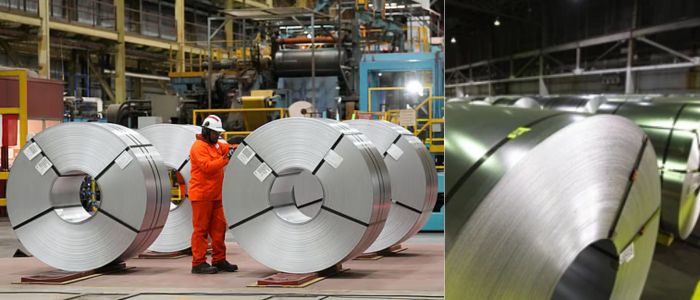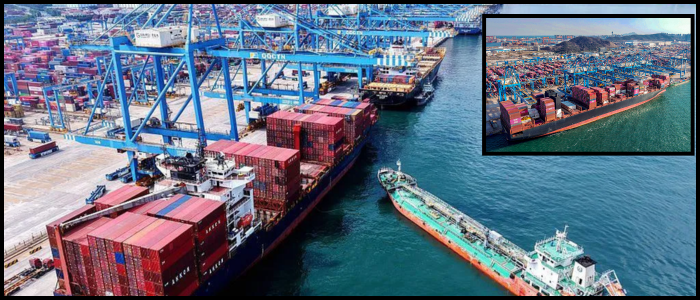The administration argues the decision is crucial for national security and economic stability. “Domestic production of our steel and aluminum is essential to the defense-industrial base, and another step in implementing the President’s National Security Strategy,” a White House spokesman said. It is part of the wider plan to reduce regulation, cut taxes and enact changes to energy policy to spur economic relief.
Industry Leaders Offering Support and Warnings
The American Iron and Steel Institute backs the tariff hike, noting that the U.S. uses more steel than it can produce. Cleveland Cliffs CEO Lourenco Goncalves pointed out that it amounts to an extra $300 to manufacture a car because of the new tariffs, rounding out to peanuts on the $48,000 average price of a car.
But the Aluminum Association and other groups raised alarms at the possible negative consequences. The association warned that such a blanket tariff would sever important aluminum supplies from Canada, which many U.S. aluminum mills depend on. These mills account for the bulk of jobs in the aluminum industry.
The Can Manufacturers Institute has noted that approximately 80 percent of tin mill steel is imported because of limited domestic production. They cautioned that the tariff hike could drive up prices on canned goods, although it’s unclear when or if consumers will feel the impact of that.
Job Losses in the Pipeline and Long-Term Impact
Experts warn that there could be more jobs lost in industries that rely on steel and aluminum than are protected by the tariffs. Previous research found that for every steel job saved by the 2018 tariffs, roughly 75 positions were lost elsewhere in the economy because of higher costs for materials. Although the steel industry disputes these findings, they support the claim of the potentially adverse effects of the policy.
Automakers generally buy domestic steel for their North American operations and are insulated from short-term market swings by the fact that they have agreed to longer term contracts. But auto industry lobbyists say past rounds of tariffs cost the auto industry billions and did little to increase American steel production. What’s more, Cleveland Cliffs, for example, will not “revive tin mill production" due to the new level of the tariff.
A few producers may be affected. Alcoa, a leading American aluminum producer, had earlier warned that the 25 percent tariff could result in 100,000 job losses. Now the company is re-evaluating the consequences of the 50% rate. And Coca-Cola’s CEO has said the company would increasingly move to plastic and glass if the squeeze because of aluminum becomes bigger.
The Aluminum Association, a trade group for aluminum producers, is pressing instead for a narrower approach that focuses on countries such as China and does not impose tariffs on longstanding trading partners like Canada. The approach would shield the U.S. economy and domestic production and require continued access to critical raw materials, according to the group.
Business

US Doubles Steel and Aluminum Tariffs to 50 Percent

Starting at 12:01 a.m. ET Wednesday, the United States will double its tariffs on steel and aluminum imports to 50%. The sharp rise is viewed as an aggressive move to support the ailing American steel sector, but worries industries that are heavily reliant on such materials, such as carmakers and can manufacturers. The policy is one piece of a larger trade agenda that includes tariffs previously announced in February.















